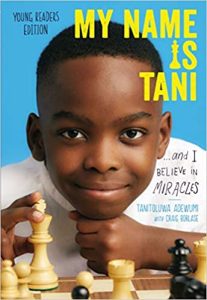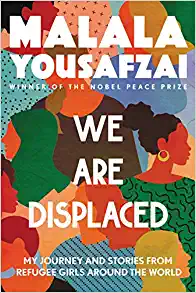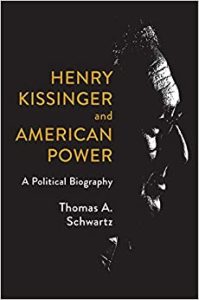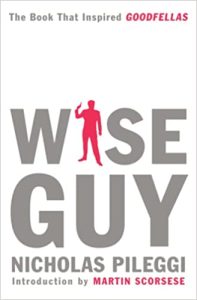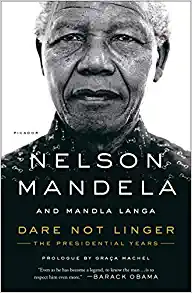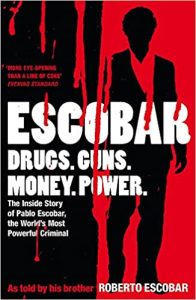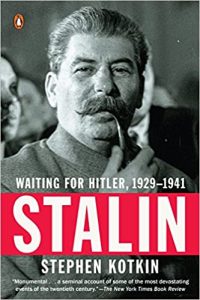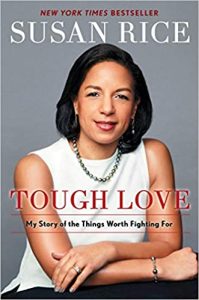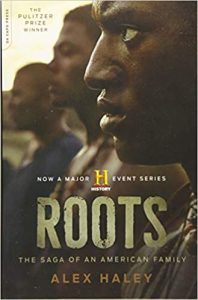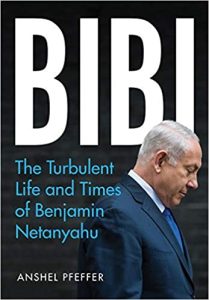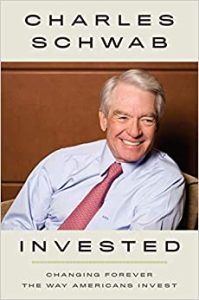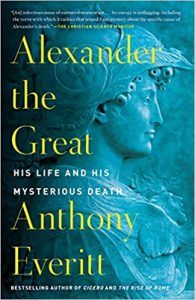My Name Is Tani
₦5,000.00An amazing, miraculous refugee story of coming to America, the young readers edition of Tani Adewumi’s story will inspire kids looking for true stories of doing hard things.
At eight years old, Tani Adewumi, a refugee, won the 2019 New York State Chess Championship after playing the game for only a year–and while homeless.
Tani and his family fled Boko Haram’s reign of terror in Nigeria to come to the United States, where they lived in a New York City homeless shelter while waiting to be granted religious asylum. Tani began attending a public elementary school and decided he wanted to join the chess program, but it required a fee. Tani’s mother reached out to the coach, who offered Tani a scholarship–and a year later the young immigrant became a chess champion.

